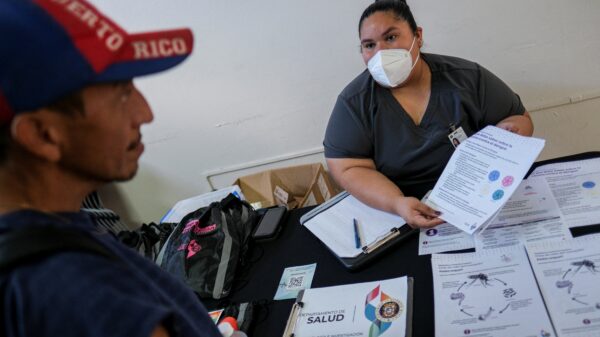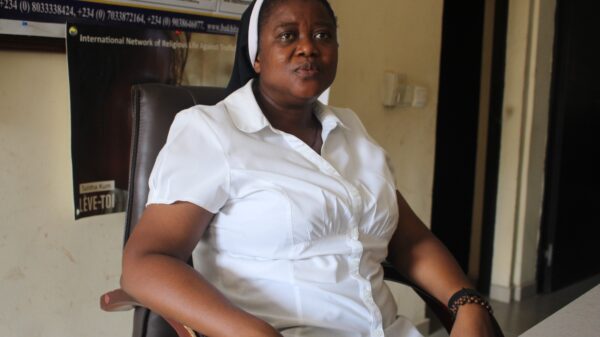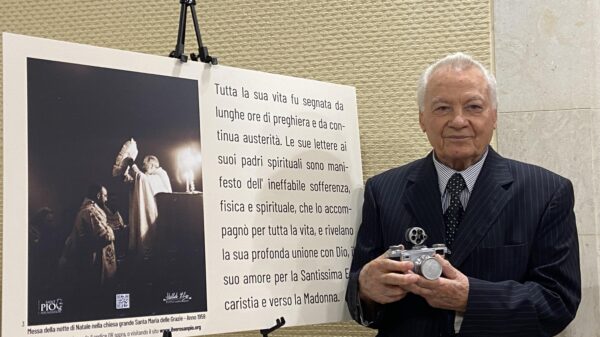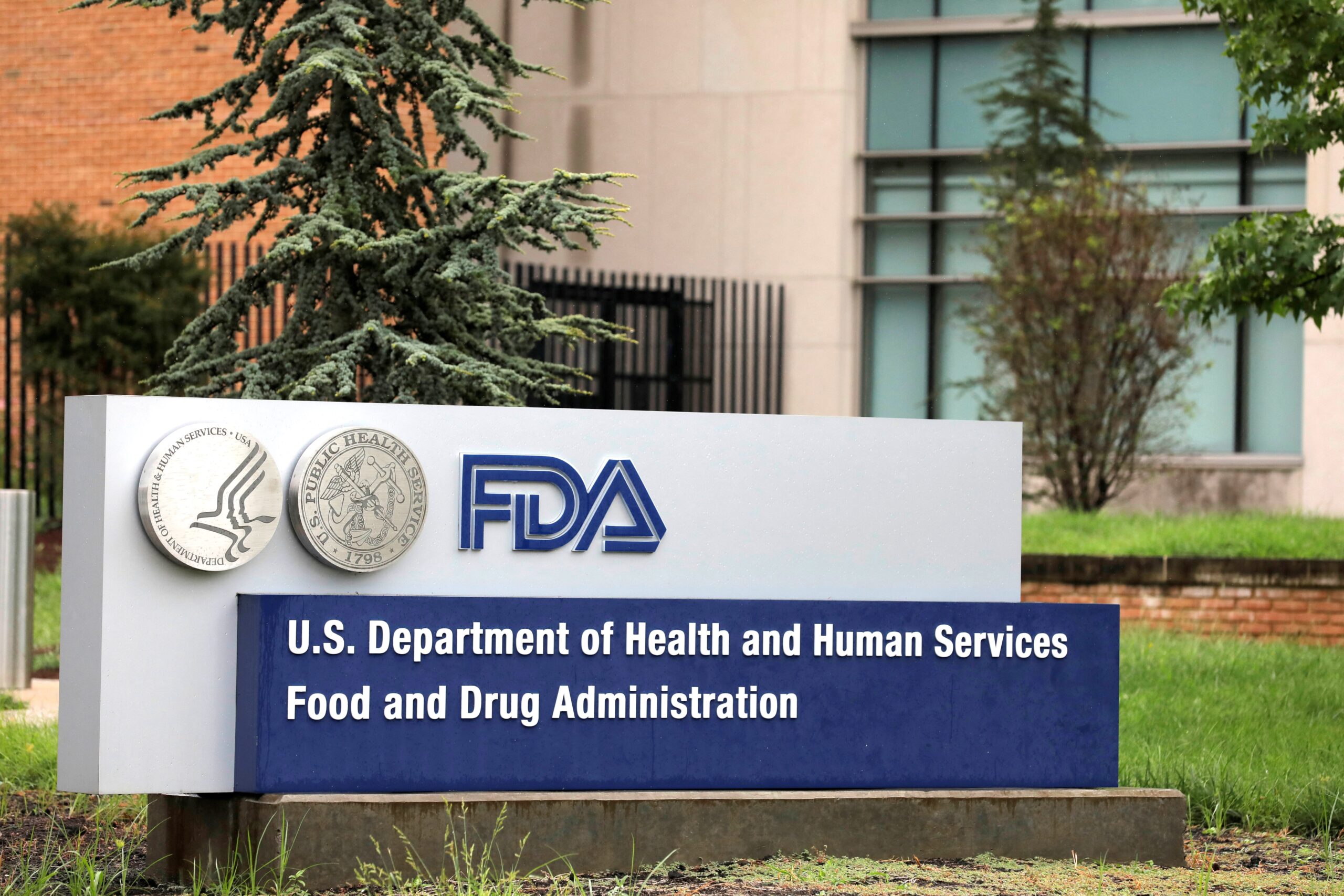WASHINGTON (OSV News) — Catholics should approach the issue of artificial wombs with both courage and caution, an ethicist stressed after U.S. Food and Drug Administration advisers met about the new technology.
“Courage because this endeavor is highly complex technologically and may positively impact human lives and health at very vulnerable stages,” John F. Brehany, the executive vice president and director of institutional relations at the National Catholic Bioethics Center, told OSV News. “Caution because — when it is deployed — such technology will be powerful and subject to abuse.”
In mid-September, the FDA’s Pediatric Advisory Committee met to discuss and provide recommendations on the future of artificial womb technology for extremely premature infants, or babies born before 28 weeks of pregnancy. The independent committee considered plans to establish the safety and effectiveness of the technology, including regulatory and ethical considerations for use with humans.
The advisers examined artificial womb technology as an alternative to current standard-of-care management of extremely premature babies in the neonatal intensive care unit.
While the technology has developed animals, it has yet to be used on humans.
Ahead of the meeting, an FDA briefing document defined artificial womb technology as “a proposed therapeutic strategy that aims to bridge the period between extreme preterm birth and later gestation to allow for organ maturation in a system that mimics the womb environment and provides artificial placental (AP) support for nutrition and gas exchange.”
The FDA document provided a rationale for using the new technology: to attempt to save the lives of more babies born prematurely.
The discussion comes as the U.S. preterm birth rate reaches the highest level reported since at least 2007, according to a National Vital Statistics System report released in January by the Centers for Disease Control and Prevention. Most recently, the CDC reported that the preterm birth rate rose 4%, from 10.1% in 2020 to 10.5% in 2021.
For that year, about one in 10 babies born in the U.S. arrived prematurely, or before 37 weeks of pregnancy, according to the CDC.
This disproportionately impacts African American babies. The CDC found that the rate of preterm birth was about 50% higher for African American women than for white or Hispanic women in 2021.
According to the NVSS report, of the 3,664,292 births reported in 2021, less than 1% happened before 28 weeks of pregnancy. That number still amounts to more than 23,000 babies born extremely premature.
A more recent NVSS report released in September found that, by gestational age, babies born before 28 weeks held the highest mortality rate, with a rate 170 times as high as that for babies born at 37-41 weeks. In 2021, the same report found, 65% of infant deaths occurred among babies born preterm before 37 weeks.
The CDC lists preterm birth and low birth weight as the second leading cause of infant death in the U.S. for the year 2021.
While addressing the issue of artificial wombs, Brehany pointed to the Catholic position on cherishing human life.
“We Catholics believe that we have a limited dominion over creation, and should use reason and science to protect human life and health,” he said.
He explained why Catholics should also exercise caution.
“Even an invention as simple as a sonogram can be used for valid and nefarious purposes,” he said. “That is, sonograms can be used for clinical diagnoses, to help refugees from Planned Parenthood visualize the reality of their babies — and, unfortunately, to identify unwanted female babies.”
He added: “The same will be true for artificial wombs.”
He spoke about the importance of moral and ethical guidelines regarding this technology.
“No doubt there will be complex clinical protocols to ensure the optimal utilization of artificial wombs, just as there are with neonatal intensive care units,” he said. “Ethically speaking, artificial wombs also will provide an opportunity to intervene upon, if not to control, human gestation more radically than ever.”
Brehany highlighted an observation from Christian author and apologist C.S. Lewis: Every power that humans develop over nature also increases the power that some people have over others.
While he did not describe the use of artificial wombs in specific situations, Brehany proposed general guidelines for the new technology.
“Prudential guidelines should ensure that artificial wombs are used only when no less radical means are available, and not simply as a replacement for normal gestation,” he said. “We should be able to do this, but it will be hard.”
He expressed concern over the misuse of the technology in the future.
“For years, C-sections have been utilized by some doctors for the sake of convenience and by some women who wish to avoid unwanted side effects of vaginal births,” he said. “There eventually will be analogous temptations to use the more powerful technology of artificial wombs.”
Brehany concluded by describing the potential benefits and risks of this technology.
“The benefits likely will be that many lives will be saved,” he said. “The risks are that people will have even more power over human beings during pregnancy and more discretion in choosing whether to continue pregnancies or not.”
Katie Yoder writes for OSV News from the Washington area.











































